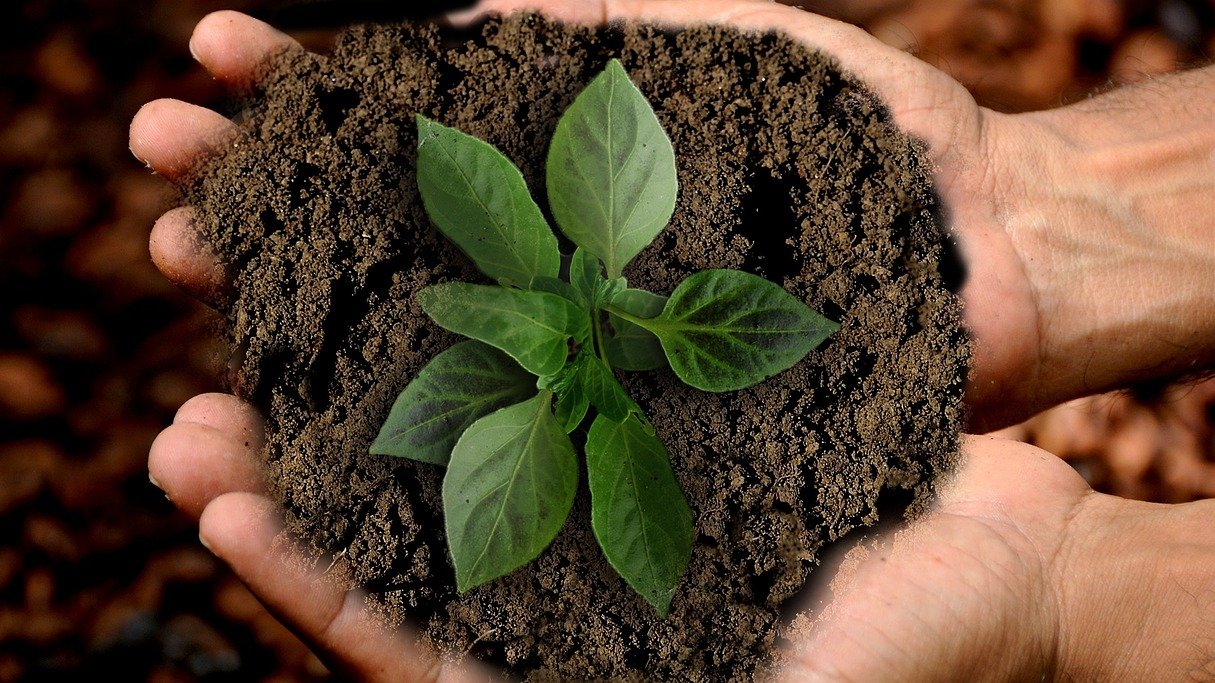
When it comes to our food choices, few decisions have as much environmental impact as the seafood we choose to consume. With overfishing, pollution, and habitat destruction wreaking havoc on our oceans, making sustainable seafood choices is more crucial than ever. In this guide, we'll discuss three ethical seafood options that not only taste great but also help protect our seas.
The importance of sustainable seafood choices
Overfishing is one of the biggest threats to our oceans. It depletes fish stocks, disrupts marine ecosystems, and threatens the livelihoods of people who rely on the sea for their income. By choosing sustainable seafood, we can help protect aquatic life and support the health of our oceans.
Now, let's dive into three ethical seafood choices that make a big splash in promoting ocean health.
1. Line-caught Albacore Tuna
Albacore tuna, when caught by pole or line, can be a sustainable choice. This fishing method targets specific species and sizes, reducing the bycatch of non-target species. Look for albacore tuna labeled as 'pole and line caught' or 'troll caught'.
2. Farmed Mussels
Farmed mussels are another excellent choice for sustainable seafood. They require no feed, as they filter food from the water naturally, improving water quality in the process. Mussels also grow quickly, making them a renewable source of food.
3. Pacific Halibut
Pacific halibut is managed carefully by U.S. and Canadian agencies to prevent overfishing. Halibut fisheries also use longline gear that minimizes bycatch, making it a sustainable choice.
Now, let's summarize these choices in a table for you.
To make ethical seafood decisions, it's essential to consider the fishing methods used and the impact on the species and its habitat. You can use resources like the Seafood Watch guide from the Monterey Bay Aquarium to help make better seafood choices for the environment.
Remember, every little bit helps. Even small changes in our consumption habits can make a big difference in supporting sustainability in the sea. So next time you're at the seafood counter or dining out, consider these three options for a meal that's not only delicious but also respectful of our oceans.










